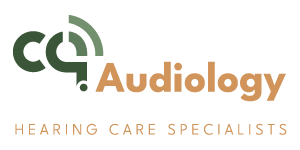What is a cochlear implant assessment?

Audiological Evaluation
This part of the assessment involves thorough hearing tests to measure the level of hearing loss and the clarity of speech perception using hearing aids. The tests might include pure-tone audiometry, speech perception tests, and auditory brainstem response testing.

Medical Examination
A medical evaluation by an otolaryngologist (ear, nose, and throat doctor) is essential to determine the health of the ear and to identify any medical conditions that might affect the suitability of a cochlear implant, such as the condition of the cochlea or the presence of infections.

Imaging Studies
CT or MRI scans are often performed to evaluate the inner ear and auditory nerve. These images help in understanding the anatomy of the ear and in planning the implant surgery.

Psychological Evaluation
Some clinics perform psychological assessments to gauge the patient’s expectations, readiness, and overall mental health. This helps ensure that the patient is prepared for the outcomes of the surgery and the rehabilitation process.

Speech-Language Evaluation
An assessment by a speech-language pathologist is usually done to evaluate the patient's speech and language skills. This helps to tailor the post-implant rehabilitation process to the individual’s needs.

Counseling
Patients and their families receive counseling about the potential benefits and limitations of cochlear implants, what the surgery involves, the risks associated with the procedure, and the commitment needed for post-implant therapy.
